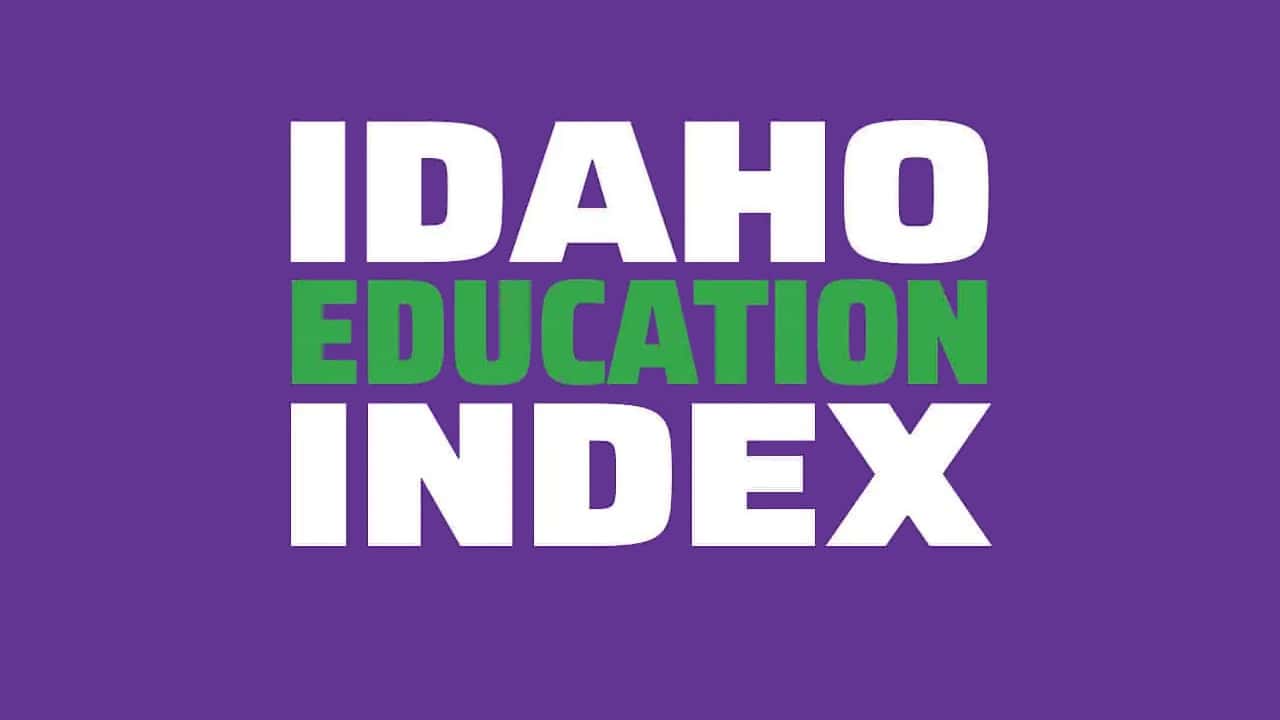


Bill Description: Senate Bill 1249 would create state-funded spending accounts for teachers, which would give teachers money they could use for a variety of classroom expenses, including instructional supplies, technological goods or services, organizational products, and professional development courses.
Rating: 0
NOTE: Senate Bill 1249 is similar to Senate Bill 1153, introduced during the 2023 session.
Does the bill finance education based on the student rather than the institution? (+) Conversely, does the bill finance education based on an institution or system? (-)
Senate Bill 1249 would create Section 33-912, Idaho Code, to increase spending in the existing public education system by instituting teacher spending accounts. The bill says the funding for the teacher spending accounts would be subject to legislative appropriations. The amount of the appropriation would be determined by a future budget bill, but the bill's fiscal note suggests that if the state's approximately 32,348 eligible public school teachers were appropriated $500 each, the total appropriation for the year would be $16.2 million.
(-1)
Does the bill allow schools to be more flexible, improve feedback mechanisms, and decentralize decisions to the family or individual level? (+) Conversely, does the bill add to the existing education bureaucracy? (-)
The teacher spending accounts created by Senate Bill 1249 could promote teacher autonomy, choice, and flexibility in spending education dollars. The accounts would give teachers a certain amount of money they could use to purchase materials and supplies for their classroom or to obtain professional development. Teachers could use the accounts to buy instructional materials like books, posters, and physical education supplies; supplies like paper towels and hand sanitizer; technological equipment like calculators or microscopes; organizational products; whiteboards or bulletin boards; and professional development courses.
Teacher spending accounts could help direct some state education funding to the classroom where it could be used for practical supplies that benefit students. These accounts would give teachers greater flexibility to choose the supplies and professional development courses that work best for them and fit their unique needs and challenges.
Teachers would need to use the money during the fiscal year in which it is allocated. Otherwise, the money would revert to the state.
(+1)
Does the bill create more transparency or accountability in public education institutions? (+) Conversely, does the bill reduce transparency and accountability in such institutions? (-)
Senate Bill 1249 would attempt to promote some degree of accountability in how the funds appropriated to the teacher spending accounts would be spent. Money would be allocated to accounts via a digital platform, which would restrict purchases to "allowable classroom educational expenses." Teachers would be allowed "to submit receipts and request reimbursements."
The State Department of Education (SDE) would be responsible for keeping a roster of eligible district and charter school teachers and for allocating the funds. The SDE would also verify compliance with the program and report "on the use of funds for classroom purposes." These provisions are minimal, and it is unclear how much accountability they would bring to the proposed program.
(0)


